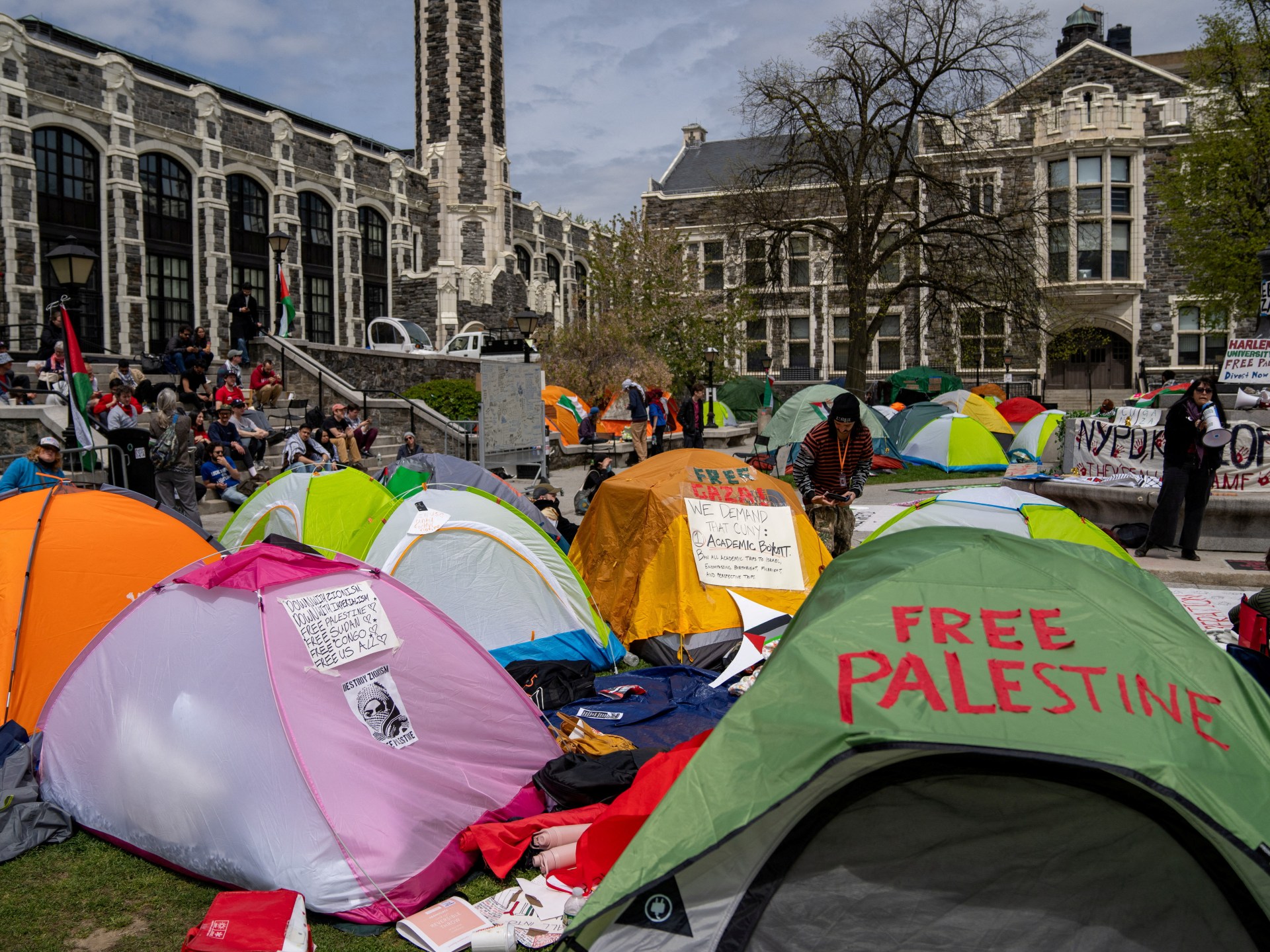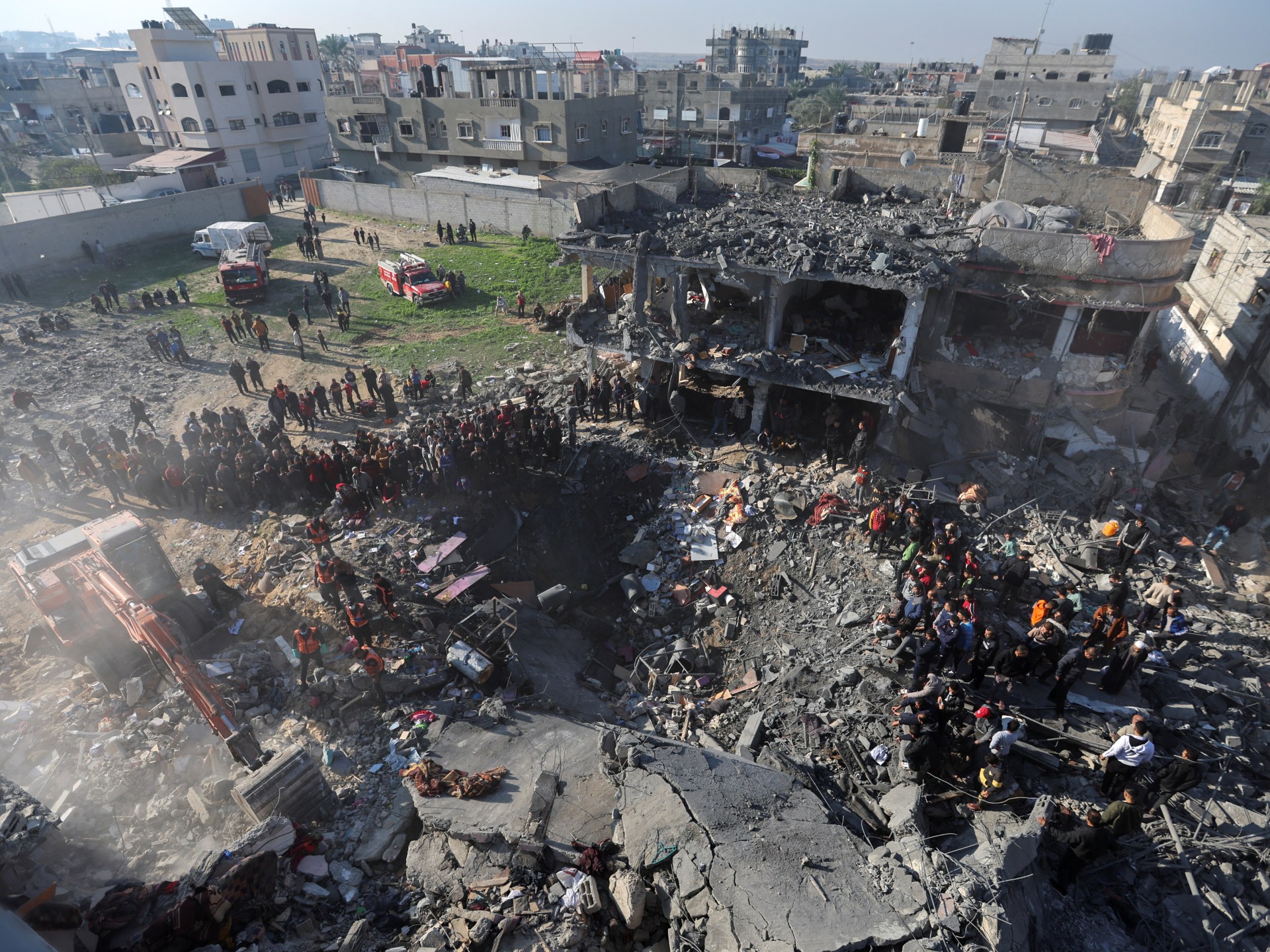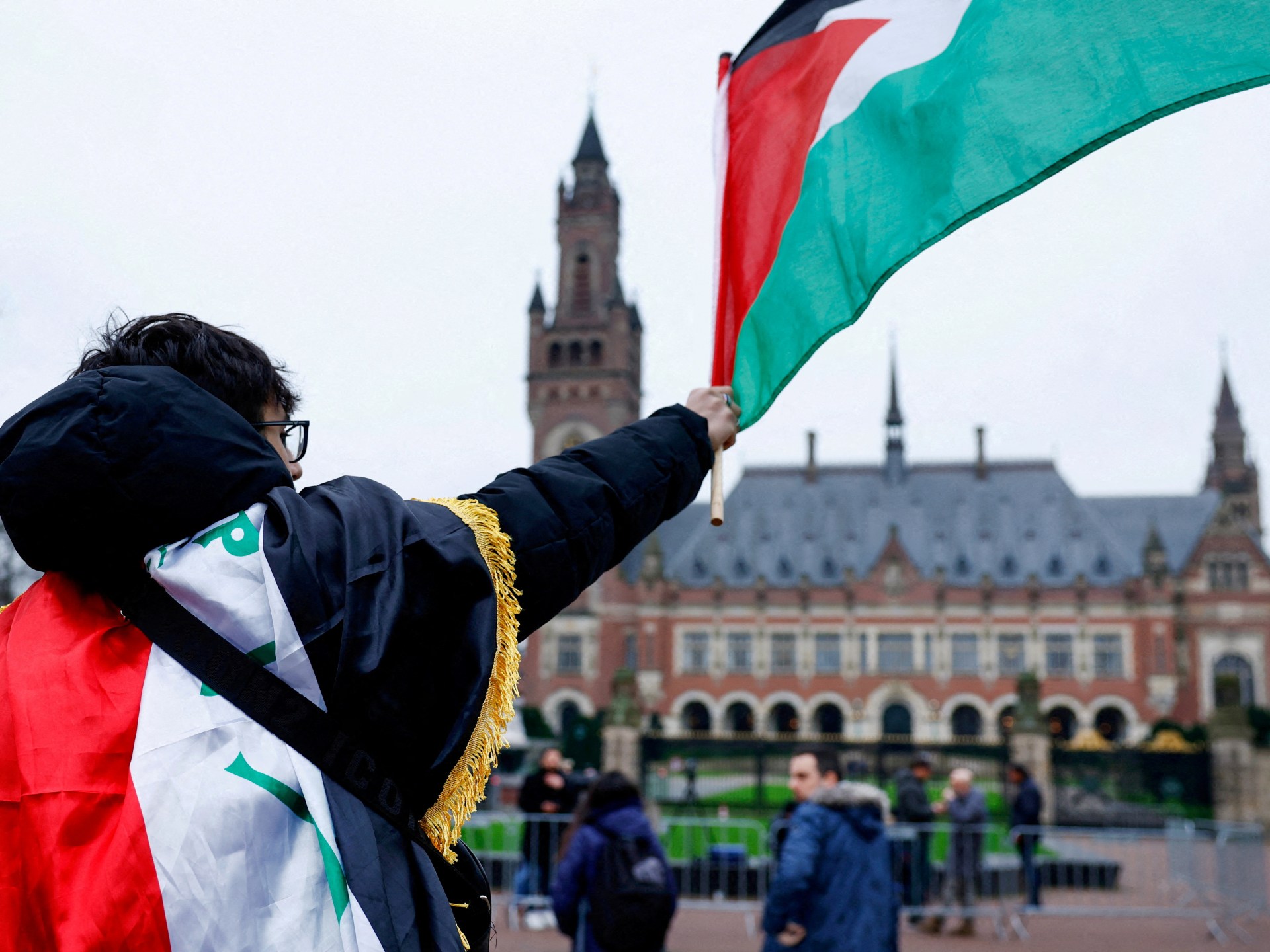Protests in the US have long been celebrated, condemned, welcomed, muzzled | Protests
Protests, rallies, sit-ins, marches, and disruptions date from the early days of what would become the United States.
They have continued to the sights and sounds echoing across the landscapes of US colleges and universities today. Protest camps have sprung up and been forced down over Israel’s war on Gaza, which has been going on since early October.
Pro-Palestinian demonstrators at US schools have been calling on their administrations to cut economic and other ties with Israel or companies they say support the war. The protest encampments started on April 17 at Columbia University and have rippled nationally.
Just as much as protest has been a part of US history, protest is being met with irritation, condemnation, anger, and even the use of law enforcement and aggressive tactics.
“Dissent is essential for democracy. But dissent must never lead to disorder,” President Joe Biden said on Thursday, summing up the enduring national paradox.
Administrators, under pressure to “restore order” close to college commencements, say they support the right to speak but not to disrupt life for other students or violate conduct rules. Police have been called to clear campus encampments all over the country, with more than 2,300 people arrested.
The right to assemble, speak out, and to petition for the redress of grievances is enshrined in the first of the US constitutional amendments and past social actions that brought about advances towards equality by previous generations made, often at risk of life and limb, are lauded.
But those same actions can cause anger and outright opposition when they cause interruptions, and those speaking out can be seen as outsiders looking to sow chaos and influence impressionable minds.
That does not mean protests have not had an effect over time, says Robert Shapiro, professor of political science at the School of International and Public Affairs at Columbia University and expert on public opinion in US politics.
The Occupy Wall Street protest of 2011, for example, “drew attention to economic inequality in the United States”, Shapiro says. “[E]conomic inequality in the United States has become, and remains, more visible.”
“Public opinion changes on the issues as a result of the effectiveness of the protests doing one very important thing: raising the visibility and salience of the issues.”
Check out our Latest News and Follow us at Facebook
Original Source





